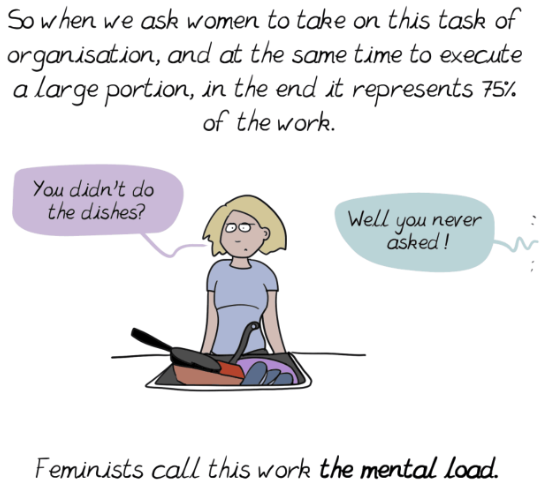In our fast-paced world with too much information, how do we sort through to get to the important stuff? The Caregiver’s Voice introduced Curated Article Excerpts during our 20th Anniversary to help you digest diverse content quickly then click to learn more about what matters to you.
Do you want us to continue? Do you find these article excerpts helpful? Please give us your gift of feedback by commenting below. Do it now, while it’s fresh on your mind. Feedback is what keeps us going.
Neuroscientists Debate A Simple Question: How Does the Brain Store A Phone Number?
Two neuroscientists have different views. One believes that the “neurons in the front of the brain [the prefrontal cortex] start firing” and continue. When they stop, we lose the memory. The other views that neurons fire “in brief, coordinated bursts.” The latter has implications for long-term memory.
 Collaborative online tool, Trello offers insights on Mental Load – an unseen toll with which caregivers can clearly identify. Author Leah Ryder says we need to talk about all those invisible tasks that don’t enhance one’s career such as planning the day’s activities and following-up on loose ends. These take on a greater toll on those who step up to do them… usually, women.
Collaborative online tool, Trello offers insights on Mental Load – an unseen toll with which caregivers can clearly identify. Author Leah Ryder says we need to talk about all those invisible tasks that don’t enhance one’s career such as planning the day’s activities and following-up on loose ends. These take on a greater toll on those who step up to do them… usually, women.
Campaign Focuses on Women’s Brain Health
Studies find that women are diagnosed with Alzheimer’s in a disproportionate share. A third of diagnoses are preventable with different life choices. Former First Lady Laura Bush launched the Campaign for Women’s Brain Health to empower women with the tools they need to become more knowledgeable about the brain, and to better implement brain care for themselves and their families. This campaign aims to address gaps in Alzheimer’s disease awareness and prevention.
Infectious ‘Prions’ Found in the Eyes of Patients with Fatal Brain Disease

People diagnosed with the fatal brain disorder, Creutzfeldt-Jakob disease (CJD), show signs of the disease in their eyes. A rare form of dementia also known as “mad cow disease,” CJD results from prions folding. Symptoms “can include anxiety, depression, memory loss, personality changes, vision problems, insomnia, impaired thinking and problems with muscle coordination, according to the Mayo Clinic.”
Aging in Place – Questions Answered
[7/9/2025 TCV Update: This caring.com URL no longer exists.] People want to age in their own homes. What modifications are necessary to safely and comfortably age in place? Are there tax incentives for those who invest in home modifications? When should people start making these changes? Find the answers to all of these questions plus useful links like http://www.ageinplace.org/ in this article at Caring.com
Featured image of Mental Load from The Guardian.
Remember, let us know if you find these excerpts helpful.
Comment now in the section below… share your gift of feedback.








